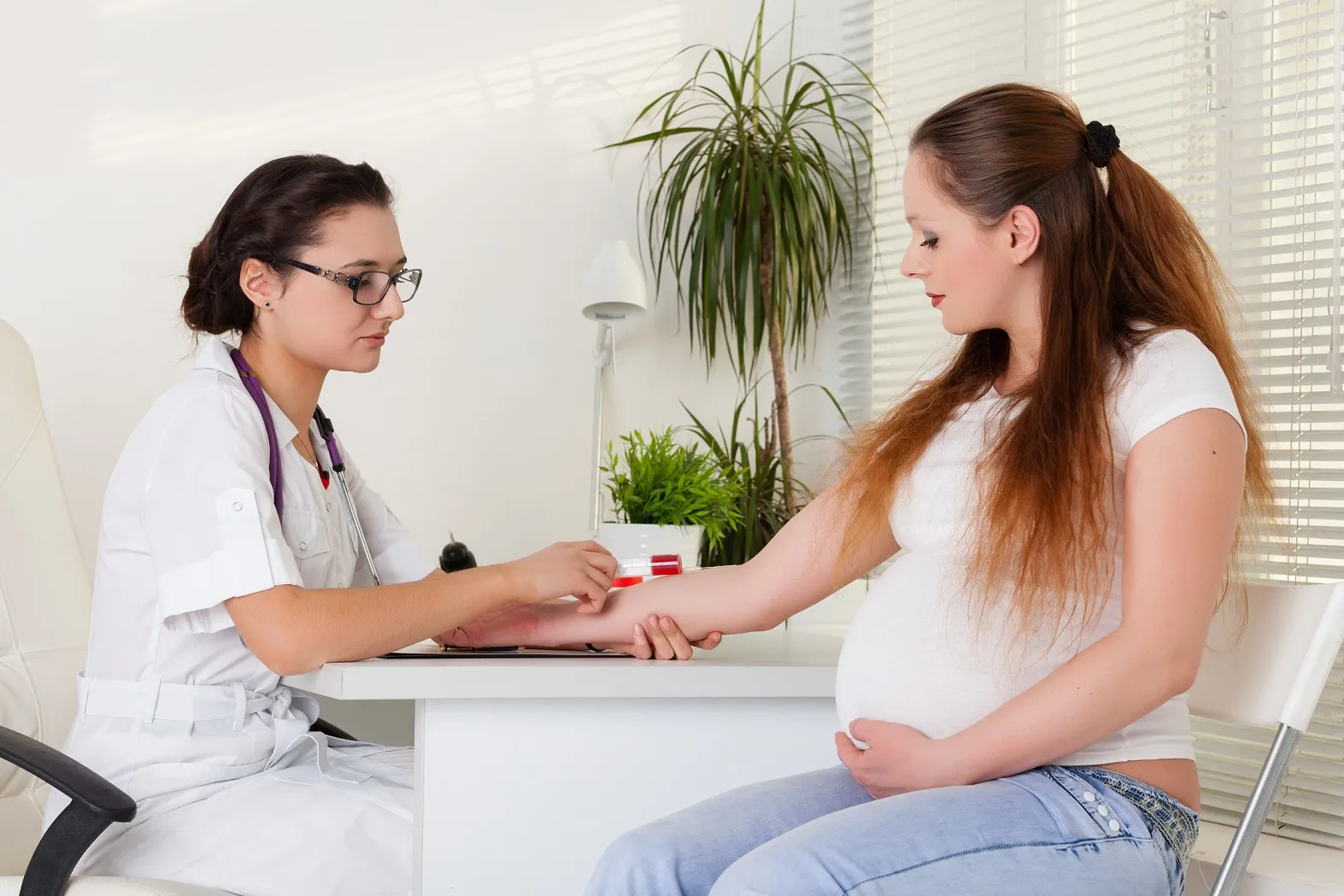Viral hepatitis is considered one of the most serious infections during pregnancy and can lead to infection of the baby. For this reason, every pregnant woman is subject to screening for hepatitis B and C. Find out what are the symptoms of viral hepatitis in pregnancy.
Viral hepatitis in pregnancy
There are 5 types of viral hepatitis: A, B, C, D, E. Vaccines are available against two of them – for hepatitis A and B. Both vaccines are safe in pregnancy. Hepatitis B vaccination is mandatory and is, along with tuberculosis, the vaccine a newborn receives before discharge from the hospital after birth.
According to current recommendations, all women should be tested for hepatitis antibodies in every pregnancy. The most common test for viral hepatitis is performed in the first trimester and before delivery.
How can you get viral hepatitis during pregnancy?
Viral hepatitis is an infectious disease. Hepatitis A can be contracted mainly by eating contaminated food. Hepatitis B, on the other hand, is transmitted sexually or by blood, such as during a tattoo or at a beautician’s. Hepatitis C is most often developed through intravenous injections and unprotected sexual intercourse with a sick person.
Viral hepatitis in pregnancy – how to avoid infection?
In the prevention of viral hepatitis, the greatest attention is paid to safe sexual relations, including the use of condoms. The risk of infection also decreases with fewer sexual partners. To avoid contracting the type A virus, wash your hands carefully, as well as fruits, vegetables and do not drink water from unknown sources.
Viral hepatitis in pregnancy – symptoms
Symptoms of viral hepatitis in pregnancy can vary. These include. Diarrhea, vomiting, fatigue, abdominal pain, yellowing of the skin or enlargement of the liver. Patients also notice dark colored urine and discolored stools. The symptoms of the disease are nonspecific, so if mothers-to-be are struggling with similar symptoms, they should see a doctor for the necessary tests.
Viral hepatitis in pregnancy – research
Every mother-to-be should have tests for hepatitis B and C. For hepatitis B, the presence of HBV surface antigen (HBsAg) is tested. Every pregnant woman also has an anti-HCV antibody test performed during pregnancy. According to the current standard of perinatal care, anti-HCV should be ordered by a gynecologist on the 1st. visit and before delivery (i.e., between the 33rd and 37th weeks of pregnancy). HBsAg should be performed in every patient presenting for delivery (preferably between 33 and 37 weeks of pregnancy). The result of the test is also necessary for neonatologists, who make a decision about vaccinating a newborn for hepatitis B.
If the HBsAg or anti-HCV result turns out to be positive, the pregnant woman should be referred to an infectious disease doctor for further treatment and management.
Rate this article:











